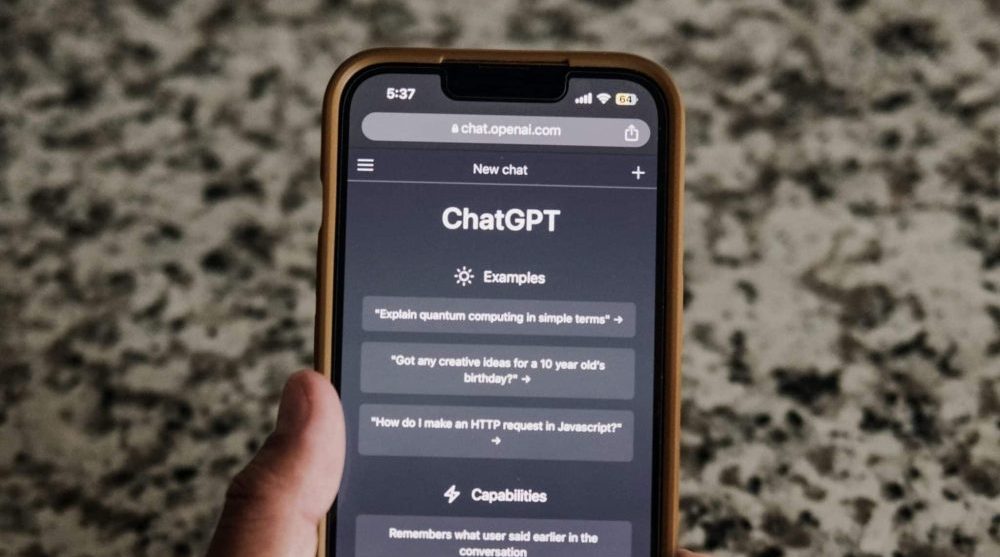In the wake of India’s failed military offensive, Operation Sindoor, the government appears to be redirecting focus inward with a sweeping and controversial domestic crackdown. What began as a retaliatory campaign against Pakistan has shifted into a campaign of arrests and accusations against Indian citizens, sparking concerns over civil liberties and due process.
The latest case involves the Gujarat Anti-Terrorism Squad (ATS), which on May 21, 2025, arrested 18-year-old Jasim Shahnawaz Ansari, a class-12 science student from Nadiad. He is accused of conducting over 50 cyberattacks on government websites during the tense period of Operation Sindoor. Authorities allege that Ansari led a Telegram group called “AnonSec,” where members—mostly juveniles—used open-source tools like Termux and PyDroid to execute Distributed Denial of Service (DDoS) attacks on Indian defense, aviation, and infrastructure websites. These sites were defaced with provocative messages such as, “India may have started it, but we will be the ones to finish it.”
Critics, however, are questioning the narrative. Cybersecurity experts argue that the attacks were amateurish and caused no lasting harm. Labeling them as “cyberterrorism” is seen by many as excessive. One Bengaluru-based expert described the perpetrators as “kids experimenting with open-source tools,” not coordinated cybercriminals or foreign agents.
READ MORE: Revised School Timings Announced for Special Education Institutions
The timing of the crackdown—right after the operational and diplomatic failure of Operation Sindoor—has raised suspicions. A New Delhi-based security analyst described the arrests as an attempt to deflect from the government’s strategic missteps by creating a false sense of control and victory through domestic scapegoating.
This incident follows the arrest of a female travel vlogger earlier in May, who was accused of espionage and labeled a Pakistani spy without concrete evidence. Both arrests come amid a wave of rising nationalism and anti-Pakistan rhetoric, amplified by media and political narratives.
Authorities claim to be investigating potential foreign links in these cases, although no substantial proof has been shared publicly. Another juvenile, reportedly aged 17, is also under investigation.
Human rights groups and digital rights advocates are sounding the alarm over what they see as a growing pattern of repression, where the state is targeting its own youth to mask geopolitical and military blunders.




